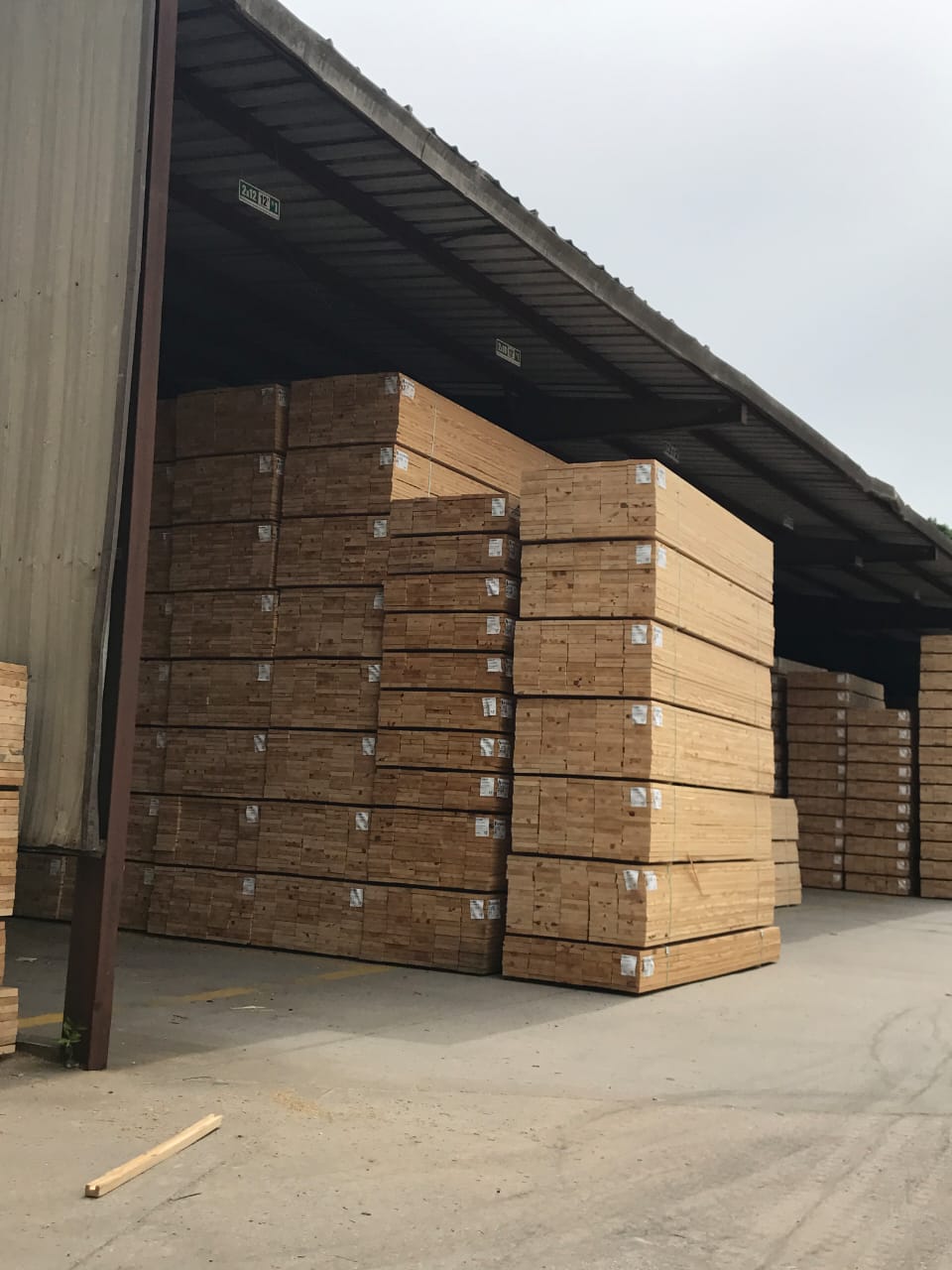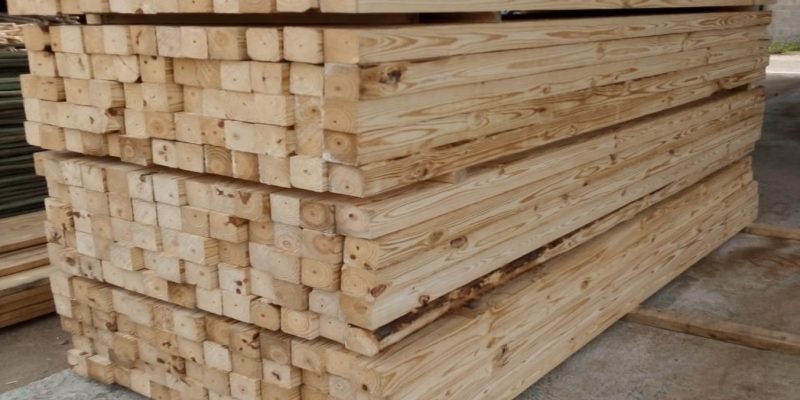Every March 21, the world celebrates the International Day of Forests, a key date to reflect on the conservation of forest resources and their sustainable use. Forests play a crucial role in climate regulation, water conservation, biodiversity preservation, and as a source of raw materials for various industries. Wood is one of the most versatile and eco-friendly materials when obtained responsibly, and its sustainable use is essential to ensure its availability for future generations. In this article, we explore the importance of sustainable wood and its impact on construction, design, and the environment.
Sustainable wood and its environmental impact
Sustainable wood comes from responsibly managed forests, where the logging rate does not exceed the natural regeneration rate. This means that for every tree cut down, new trees are planted to maintain ecological balance. Sustainable forest management also includes protecting local flora and fauna, as well as conserving soil and water resources.
International certifications such as FSC (Forest Stewardship Council) and PEFC (Programme for the Endorsement of Forest Certification) guarantee that the wood comes from sustainable sources. These certifications ensure that forests remain healthy and that logging does not negatively impact the ecosystem. Additionally, local regulations play a fundamental role in overseeing and enforcing environmental standards.
Using sustainable wood helps mitigate climate change, as forests absorb CO2 and regulate the ecosystem’s balance. Uncontrolled deforestation is one of the main causes of global warming, so opting for certified wood helps reduce greenhouse gas emissions. Furthermore, wood is a renewable resource that, when properly managed, can be an ecological solution for construction and furniture manufacturing. Its versatility allows it to be used in various applications without compromising the environment.

Applications and benefits of sustainable wood
In the construction sector, sustainable wood has become a key material. Products such as fire-resistant plywood, treated pine, and roundwood offer durability, safety, and a lower environmental impact compared to other building materials. Thanks to technological advancements, treated woods now have increased durability and protection against fire, insects, and moisture, making them ideal for sustainable architectural projects. Additionally, their aesthetic and functional qualities enable the creation of elegant and efficient structures.
Another benefit of sustainable wood is its contribution to the circular economy. It promotes the reuse and recycling of wood products, significantly reducing waste. By maximizing the use of forest resources, a responsible production model is encouraged, preventing unnecessary waste. Companies like Madera Mac play a crucial role in this aspect by offering certified products and ensuring a responsible supply chain.
Actions to promote the responsible use of wood
Choosing products from companies that sell certified wood ensures that the material comes from responsible sources and fosters a sustainable industry. Purchasing FSC or PEFC-certified products is an effective way to contribute to forest conservation. Additionally, participating in reforestation programs and supporting initiatives to restore degraded forests helps maintain ecological balance and ensures the sustainability of this resource. Many communities depend economically on sustainable forest management, so supporting these initiatives also promotes local development.
Environmental education is also key to promoting the responsible use of wood. Raising awareness among consumers, builders, and designers about the importance of choosing sustainable materials is essential. Awareness campaigns and accessible certifications can encourage a positive change in the timber industry and how people perceive the value of forests.
The International Day of Forests is an opportunity to reflect on the importance of sustainable wood and to make responsible decisions when acquiring forest products. By choosing certified wood and supporting companies committed to sustainable management, we can contribute to forest conservation and ensure their preservation for future generations. Companies like Madera Mac are leading the way in the distribution of certified products, promoting a future where wood and nature coexist in harmony. Sustainability is not just a trend but a necessity for the well-being of the planet and the people who inhabit it.

